
About
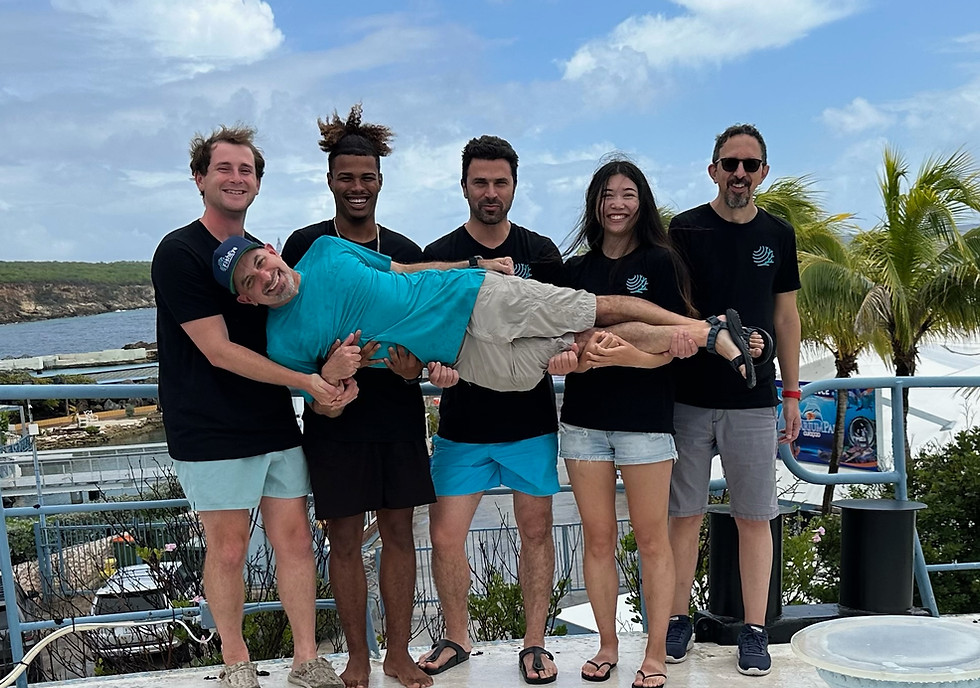
Scientists and managers need accurate, comprehensive data to effectively monitor and protect sensitive near-shore marine habitats and fisheries. Methods like netting, visual surveys, and sonar often fall short in providing the detailed insights necessary to make informed decisions.
FishEye Collaborative is a conservation-technology nonprofit dedicated to advancing marine conservation through innovative bioacoustic tools and techniques. Thanks to generous support from the Schmidt Marine Technology Partners, we are developing techniques to gather data on the presence, abundance, and behavior of specific fish species.
To do this, we are developing state-of-the-art underwater acoustic cameras, advanced machine learning algorithms, and low-cost PAM technology. By transforming underwater sounds into actionable data, FishEye offers a groundbreaking approach that enhances sustainable habitat management, supports biodiversity, and will enable less expensive data-gathering techniques by local authorities in the future.
Our non-invasive listening technologies allow us to observe fish in their natural environment. This video features five examples from our ever-expanding library of fish sounds.

Our Mission
Our mission is to equip decision-makers with the actionable data needed to manage marine protected areas and nearshore habitats effectively. By developing 360° video and audio visualizations, building species-specific fish-sound libraries, and training AI systems, we provide critical insights into underwater soundscapes, helping to protect biodiversity hotspots and fisheries essential to millions worldwide.

Healthy and unhealthy marine habitats sound different at the individual fish-species level.
Our Team
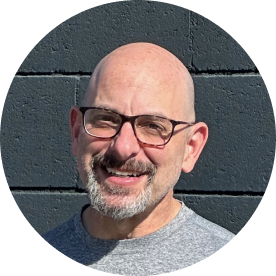
Marc Dantzker, PhD
Founder and Executive Director
Marc Dantzker is founder and executive director at FishEye Collaborative, where he leads the team in developing cutting-edge underwater video and acoustic technologies to advance marine conservation. Marc’s early research focused on bioacoustics and courtship display behavior in birds, frogs, and fish. He continued bioacoustic studies while at the Cornell Lab of Ornithology, where he was the founding video curator of the Macaulay Library. Marc focused on natural history film production for over 10 years, with credits including the PBS|Nature documentary Sagebrush Sea, exhibit films for the Smithsonian National Museum of Natural History, and the NSF-funded Sea of Sound, which, with its companion K-12 curriculum, illustrates how improving our understanding of the world of underwater sound is critical for protecting our oceans and their inhabitants. He earned a master’s degree in zoology from Duke University and a doctorate in integrated biology from the University of California, San Diego.
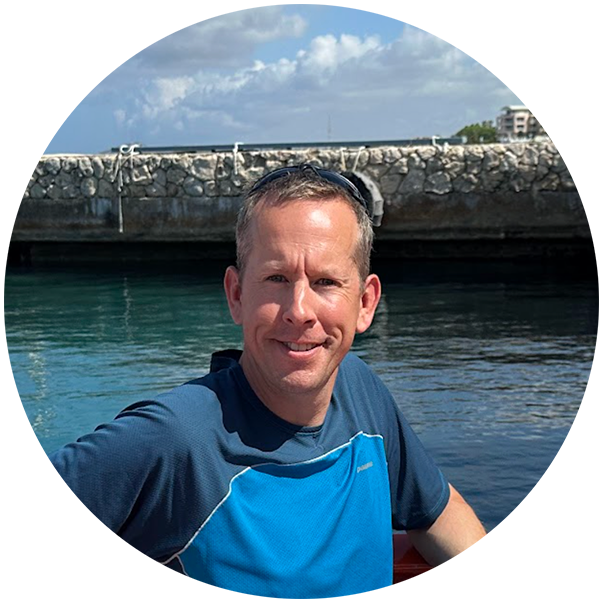
Aaron Rice, PhD
Chief Scientific Advisor
Aaron Rice is the chief scientific advisor and collaborator for FishEye Collaborative. Aaron is a leading expert in marine conservation bioacoustics and principal ecologist at the K. Lisa Yang Center for Conservation Bioacoustics at Cornell University. His research focuses on the sounds produced by fish and whales to understand their social behaviors and population dynamics, contributing vital data for coastal ecology and resource management. Aaron’s innovative work has significantly influenced marine spatial planning and conservation policies, including critical habitat expansions for endangered species. With FishEye Collaborative, he applies his expertise to develop advanced acoustic monitoring tools to protect marine biodiversity . He earned a master’s in marine biology and biological oceanography from Boston University and a doctorate in organismal biology and anatomy from the University of Chicago.
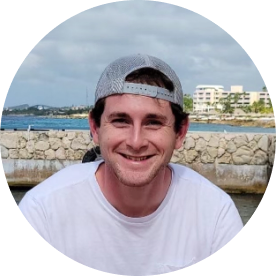
Matt Duggan, BS
Collaborating Research Scientist
Matthew Duggan is a PhD student at Cornell University and co-affiliated with the Smithsonian Institution. As collaborating research scientist at FishEye Collaborative, Matt works with us to analyze acoustic data and leads the development of FinDrop, our new low-cost PAM device. His interests include discovering and constructing accessible, generalizable approaches for assessing coral-reef-associated fish populations and behavior, especially within the deep reef. As the first Fulbright scholar of Curaçao, Matt is collaborating with the Curaçao Sea Aquarium and Substation and other local institutions for marine conservation and education.

Erika Berlik, BS
Research Associate
Erika Berlik is a Duke University graduate who majored in marine science and conservation with a double major in biology. At Duke, she focused on the relationships between foundation species and reef fish. Her undergraduate thesis examined how the use of remote underwater video improves our ability to accurately survey marine biodiversity and inform conservation efforts. As research associate at FishEye Collaborative, she employs her knowledge of fish behavior and expertise in identification to analyze video and acoustic data. Erika also oversees our open-access library.

Symeon Manias, PhD
Volunteer Technical Diver
Symeon Manias is a technical diver and underwater photographer that specializes in deep deployments of our technology. He was born and raised in a coastal town and developed a fascination for the underwater world at an early age. He channels his passion into volunteering for underwater exploration and marine conservation. Symeon’s volunteer work as a diver with FishEye Collaborative allows us to explore new depths not accessible through recreational diving. Through his photography and photogrammetry expertise, he hopes to share his experiences and inspire others to protect and appreciate marine life.

Brent Miller
Communications Consultant
Brent Miller is a communications consultant who helps make complex scientific and technical concepts accessible to broad audiences. As a team member at FishEye Collaborative, he develops and refines the organization’s messaging, including its content strategy and website, ensuring that its bioacoustic research is communicated clearly to scientists, policymakers, and the public.
FishEye Collaborative’s Board of Directors
Dan Ardia, PhD - Chairman
James Boyd, PhD
Marc Dantzker, PhD
Diji Chandrasekharan Behr, PhD
Heather Dantzker, PhD

Our Collaborative Network

Cornell University - Lisa K. Yang Center for Conservation Bioacoustics Ithaca, New York
Global leaders in bioacoustics, including passive acoustic monitoring of birds, elephants, whales, and more.

The Sexton Corporation Salem, Oregon
Sexton is a world leader in custom underwater housings. They are our go-to engineering partners.

FORTH: The Foundation for Research Technology Crete, Greece
FORTH is a premiere technical institute in Crete, Greece. We rely on their expertise in electrical and software engineering, as well as acoustics and image processing.

The Smithsonian National Museum of Natural History Washington, D.C.
Home to the largest scientific fish collection in the world, the Smithsonian DROP team are our deep reef exploration partners.
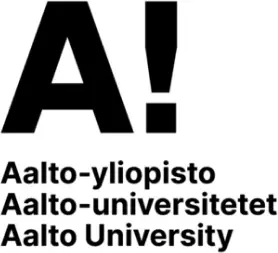
Aalto University Helsinki, Finland
A top-tier University with a world-class acoustics program, Aalto research formed the foundation of our spatial audio work.

Curaçao Sea Aquarium and Substation Curaçao Willemstad, Curaçao
The Curaçao Sea Aquarium and Substation are key partners in deploying our marine conservation technologies, thanks to their resources, including shore access to deep water, a healthy reef, field specialists, and strong conservation outreach potential.
Funders

Schmidt Marine Technology Partners

Wild Labs

Smithsonian Tropical Research Institute

Oceankind
Data Publishing

Global Biodiversity Information Facility

Ocean Biodiversity Information System

Specify Collections Consortium

FishSounds.net

Global Library of Underwater Biological Sounds
Website Team
Brent Miller, Communications Consultant
Aaron Adams, Designer
William Palmer, Website Developer
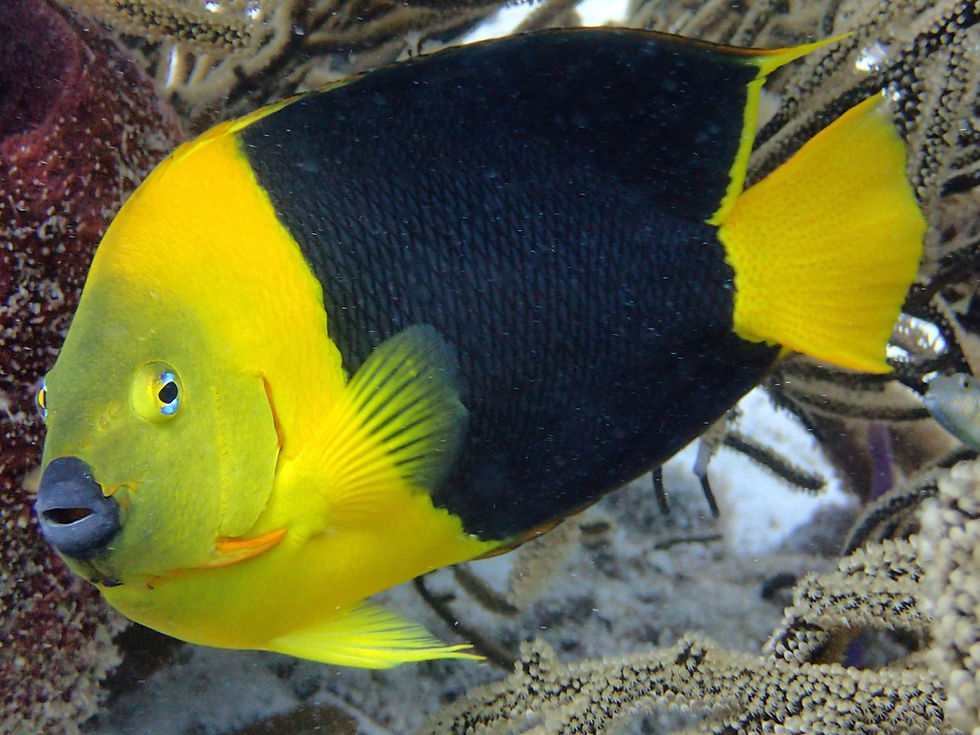
Support Us
By providing the technology and methods to overcome hurdles in data collection, processing, and analysis, we give the scientists and managers the tools they need to protect our oceans. Through our work, we not only advance the field of marine bioacoustics but also contribute to the global effort to preserve the delicate balance of marine ecosystems and sustainability in the blue economy.
Join us as we continue to explore, understand, and protect the underwater world, one sound at a time.


